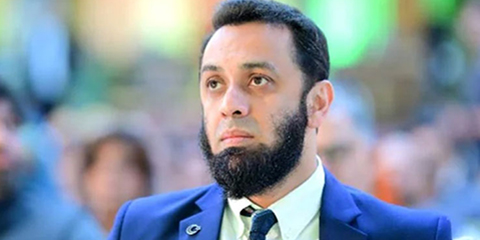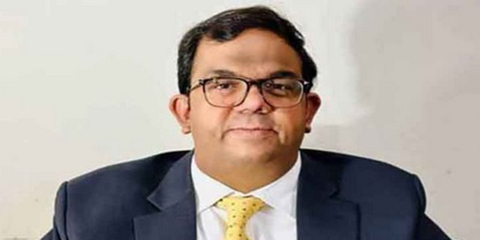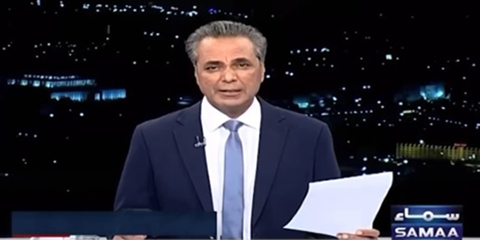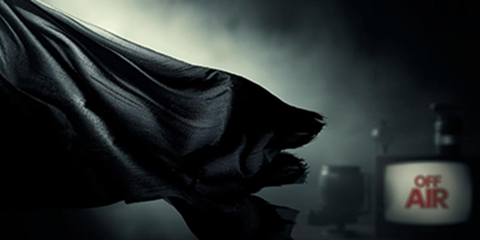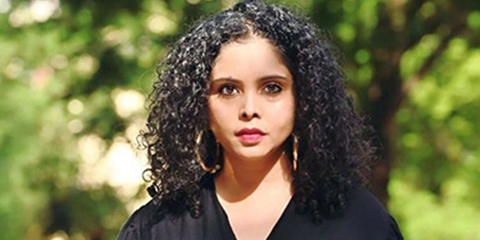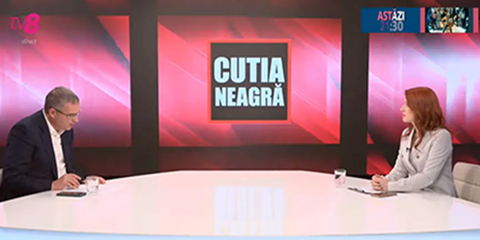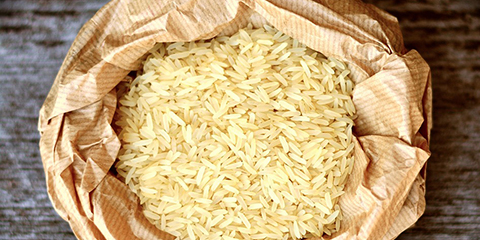Social media star Qandeel Baloch killed 'by brother'
JournalismPakistan.com |
Published 9 years ago
Join our WhatsApp channel

MUZAFFARABAD - Social media celebrity Qandeel Baloch was murdered by her brother in a suspected honor killing, officials said Saturday, prompting shock and revulsion.
Baloch, praised by many of the country's youth for her willingness to break social taboos but condemned by conservatives, was strangled near Multan, police said. "Qandeel Baloch has been killed, she was strangled to death by her brother. Apparently it was an incident of honor killing," Sultan Azam, senior police officer in Multan, told AFP.
Baloch, believed to be in her twenties and whose real name was Fauzia Azeem, had travelled with her family to Muzzafarabad village in central Punjab province for Eid holidays.
She was killed there Friday, police said, adding that the brother, Wasim, was now on the run.
Up to 100 officers were gathered outside her family's home in Muzzafarabad, an AFP reporter there said. Five ambulances were also parked nearby.
"My daughter was innocent, we are innocent, we want justice, why was my daughter killed?" Baloch's father Azeem Ahmad told reporters there.
Police later registered a murder case against her brother based on her father's written complaint, in which he accused his son of killing his daughter for honor because "his son wanted her to quit showbiz".
Hundreds of women are murdered for "honor" every year in Pakistan.
The killers overwhelmingly walk free because of a law that allows the family of the victim to forgive the murderer - who is often also a relative.
Filmmaker Sharmeen Obaid-Chinoy, whose documentary on honor killings won an Oscar earlier this year, slammed Baloch's murder as symptomatic of an "epidemic" of violence against women in Pakistan.
News of the murder was trending on social media in Pakistan, with liberal users praising Baloch's bravery, but some conservatives - including users identified as women - condemning her relentless self-promotion.
In one typical comment, Twitter user @JiaAli wrote: "Someone had to do it. She was a disgrace."
But Facebook user Zaair Hussain said: "RIP Qandeel Baloch. You made us laugh, and you made us applaud," adding that history would remember her as a "provocateur".
Baloch shot to fame in 2014 after a video of her pouting at the camera and asking "How em looking?" went viral.
Her defiance of tradition and defence of liberal views won her many admirers among Pakistan's overwhelmingly young population.
But in a country where women have fought for rights for decades, and acid attacks and honor killings remain commonplace, she was also reviled by many and frequently subject to misogynist abuse.
Baloch provoked controversy last month after posing for selfies with a high-profile cleric, who was sternly rebuked by the religious affairs ministry.
Earlier this year she vowed to perform a striptease if Pakistan's cricket team beat India at the World T20, though they later lost.
"People are going crazy - especially girls. I get so many calls where they tell me I'm their inspiration and they want to be like me," she told AFP after posting a provocative selfie on Valentine's Day.
In her last interview with Pakistan's biggest English-language newspaper Dawn she spoke of being married against her will at age 17 to "an uneducated man" with whom she had a child, adding that they later divorced.
She had reportedly spoken of leaving the country out of fear for her safety, with Dawn reporting that her request to officials for protection had been ignored.
Obaid-Chinoy told AFP the murder showed no woman in Pakistan would be safe "until we start sending men who kill women to jail".
"There is not a single day where you don't pick up a paper and see a woman hasn't been killed," the maker of "A Girl in the River: The Price of Forgiveness" told AFP, adding: "This is an epidemic".
Obaid-Chinoy's film was hailed by Prime Minister Nawaz Sharif, who in February vowed to push through anti-honor killing legislation.
No action has been taken since then, despite a recent fresh wave of attacks on women.
"Activists have screamed themselves hoarse," said Obaid-Chinoy. "When will it stop?" - AFP
Don't Miss These
Why only Nukta, Mr. Minister? Media workers question government's selective support
November 06, 2025:
Information Minister Attaullah Tarar’s job offer to Nukta staff draws criticism as hundreds of journalists across Pakistan face layoffs, salary delays, and job insecurity.
Information Minister Tarar announces jobs for all 37 laid-off Nukta employees
November 06, 2025:
Information Minister Attaullah Tarar announces jobs for 37 laid-off Nukta employees, saying they will be placed at digital platforms within 48 hours amid growing media uncertainty.
Faisal Chaudhry’s viral one-liner on G for Gharidah steals the show
November 05, 2025:
PTI’s Faisal Chaudhry’s witty reply to Gharidah Farooqi on GTV’s “G for Gharidah” goes viral as a clip from their debate over the 27th Amendment sparks reactions online.
A digital dream falters: Nukta cuts 37 jobs in Pakistan after only one year
November 05, 2025:
Digital platform Nukta lays off 37 employees in Pakistan, including journalists and producers, highlighting the financial struggles facing new media ventures in a shrinking job market.
Talat Hussain says offensive viral clip was edited out, not aired on Samaa TV
November 04, 2025:
Talat Hussain denies airing the viral clip showing Sher Afzal Marwat’s vulgar remark, saying it was not part of his Samaa TV show.
PFUJ recalls November 3, 2007 emergency as Pakistan’s darkest day
November 03, 2025:
PFUJ recalls November 3, 2007, as Pakistan’s darkest day under Musharraf, urging protection for journalists and the abolition of laws threatening press freedom.
PFUJ calls for end to Impunity for Crimes Against Journalists
November 02, 2025:
PFUJ urges Pakistan’s federal and provincial governments to end Impunity for Crimes Against Journalists and ensure their safety and press freedom.
Global impunity for journalist murders worsens as Pakistan sees 60 percent rise in attacks
November 02, 2025:
Impunity for crimes against journalists deepens worldwide as Pakistan reports a 60 percent surge in attacks and weak enforcement of safety laws.





